Posts focused on Aid Management Program
Page 2

Kicking off AMP in Egypt
Development Gateway is pleased to announce that we will be developing the Official Development Assistance (ODA) Information Management Systems for the Ministry of Investment and International Cooperation (MIIC) in the Arab Republic of Egypt.

Beyond Finance and Planning: AIMS Across Sector Ministries
In nearly 15 years of implementing aid management programs, we’ve seen a number of shifts in who uses aid data and how they use it. So we sat up and took notice of this quote from the latest ODI blog post.
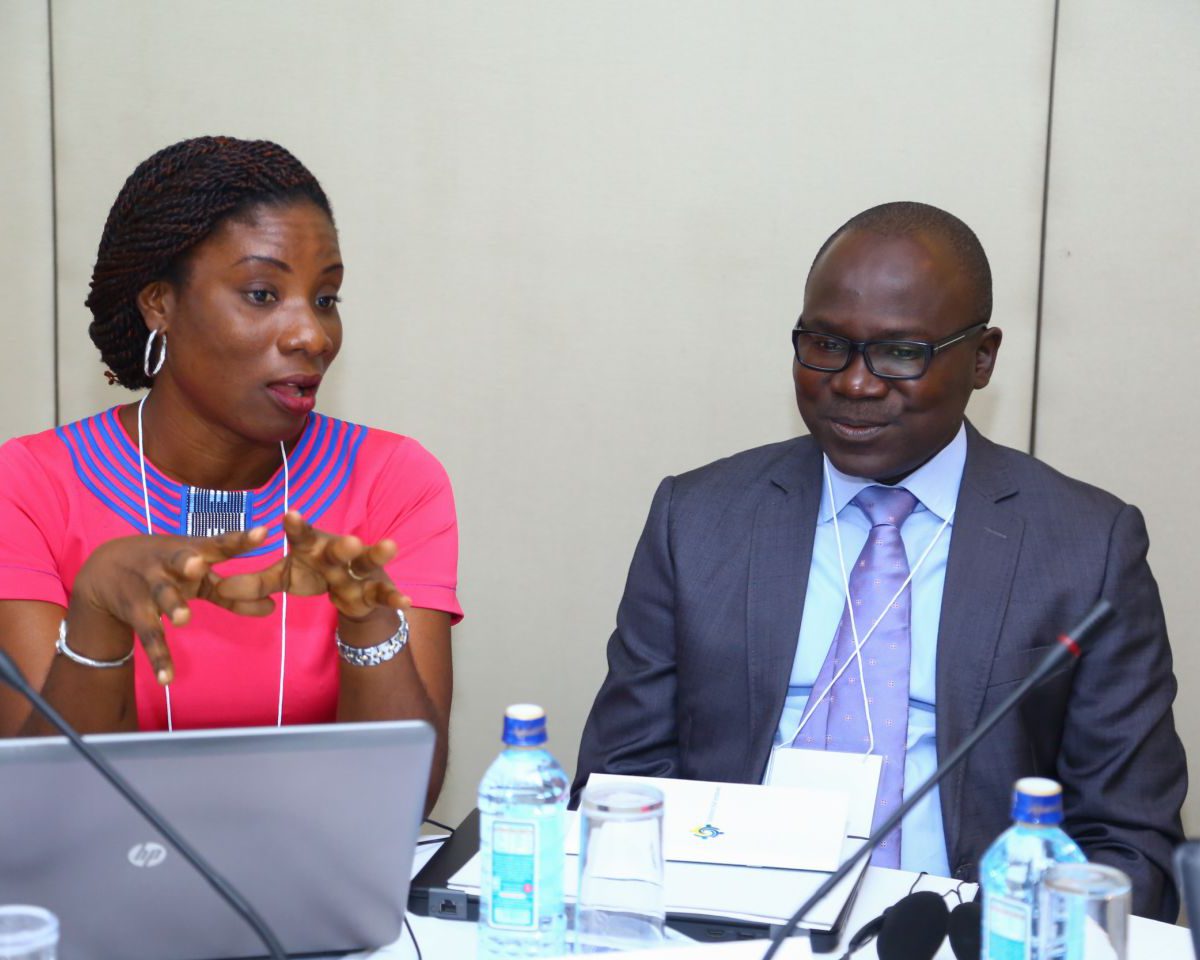
Opening the AMP Source Code
Coinciding with the 10th anniversary of the Accra Agenda for Action, we have conducted an AMP Retrospective on the DG blog. As our final Retrospective post, we are pleased to announce that DG has opened the source code of the Aid Management Platform (AMP). The now-public AMP source code is licensed under the GPLv3 open source license, which allows users to use and edit the software freely.
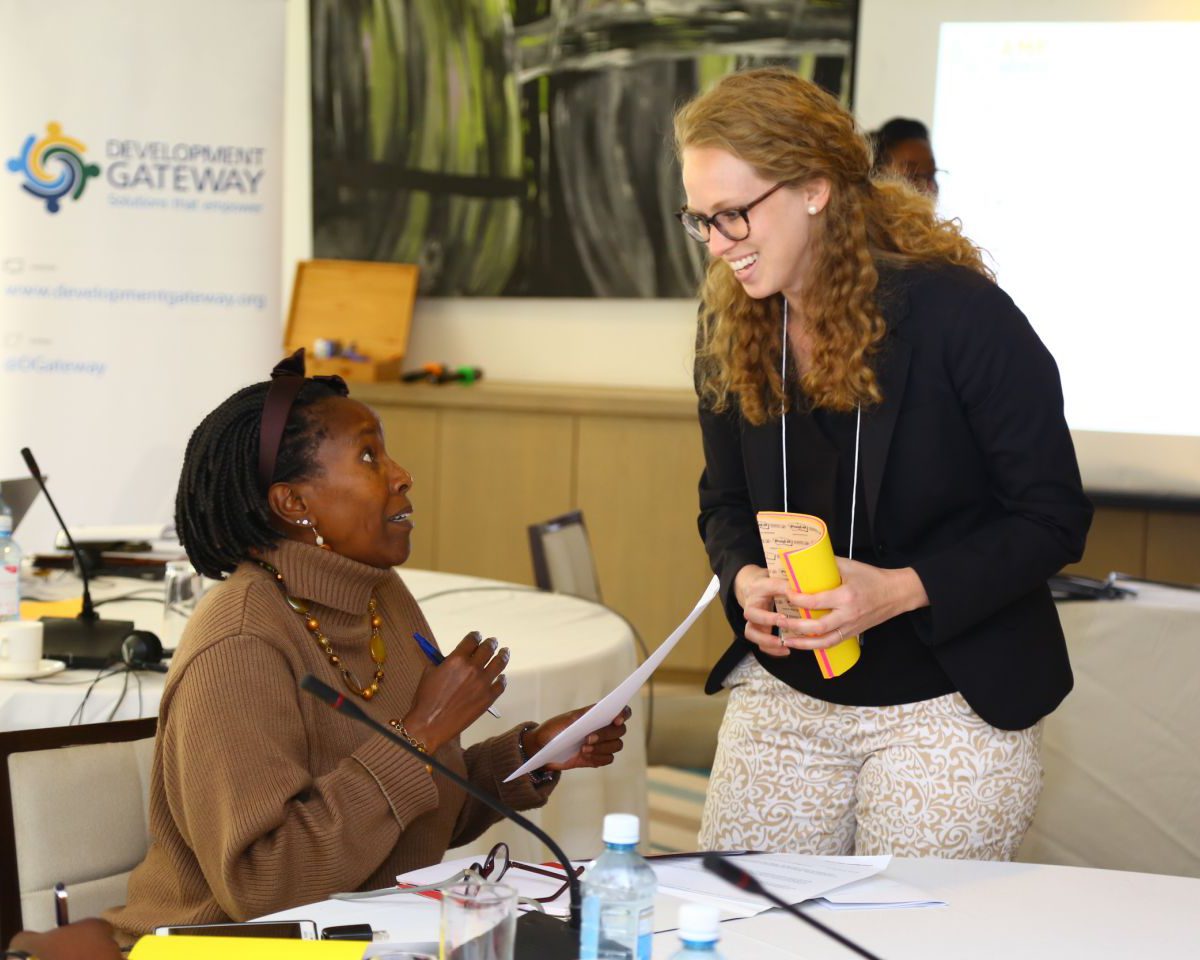
A Short History of AMP Technology
In May 2005, the Government of Ethiopia launched the inaugural Aid Management Platform (AMP). Since then, a community of over 25 partner governments has seen each technical change and enhancement come to fruition, playing a crucial role in shaping each program iteration. Today, we’re providing an overview of AMP’s technical evolution, outlining challenges, opportunities, and lessons learned from building a large-scale, needs-driven product for our partners.
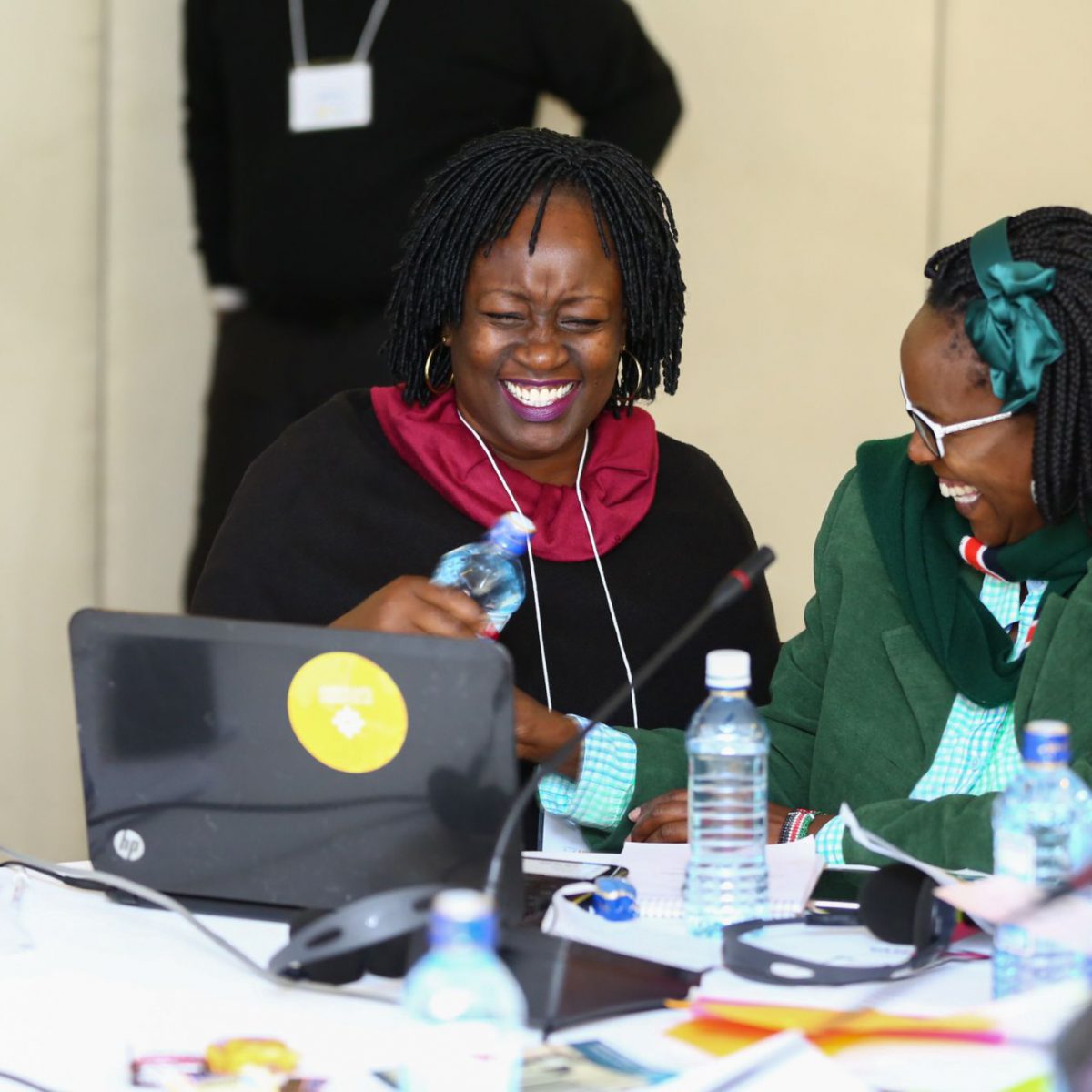
Nurturing a Healthy AMP Ecosystem
Through experience and learning gathered throughout our years of technical implementations, we know well that the ecosystems surrounding tools such as the Aid Management Platform (AMP) are much more critical to tool success than technology itself. In order to create a healthy environment for tools to thrive, several steps – and a consistent effort – are required.
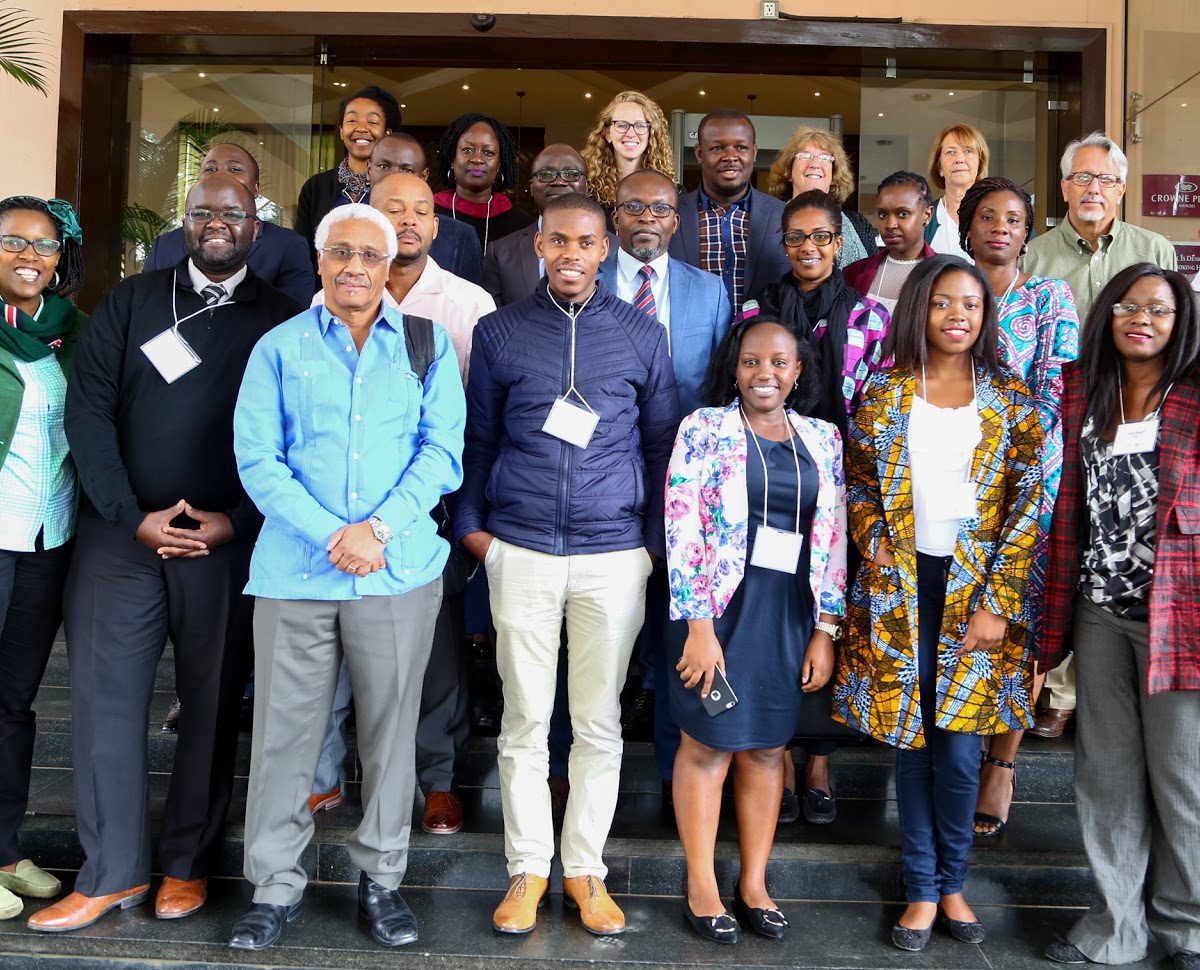
Our Partnership Approach: 15 Years of Sustainable Collaboration in AMP
September 4th, 2018 marks the 10-year anniversary of the adoption the Accra Agenda for Action, promoting the strengthening of partnerships through ownership, inclusive partnership, and delivering results. In advance of this decade long milestone, DG is taking a moment of opportunity to reflect on our own experience – nearly 15 years of implementing the Aid Management Program (AMP) in over 25 countries. As we announced on the heels of our AMP Good Practices Workshop, this blog is the first in a series of posts on the evolution of AMP through 2018.
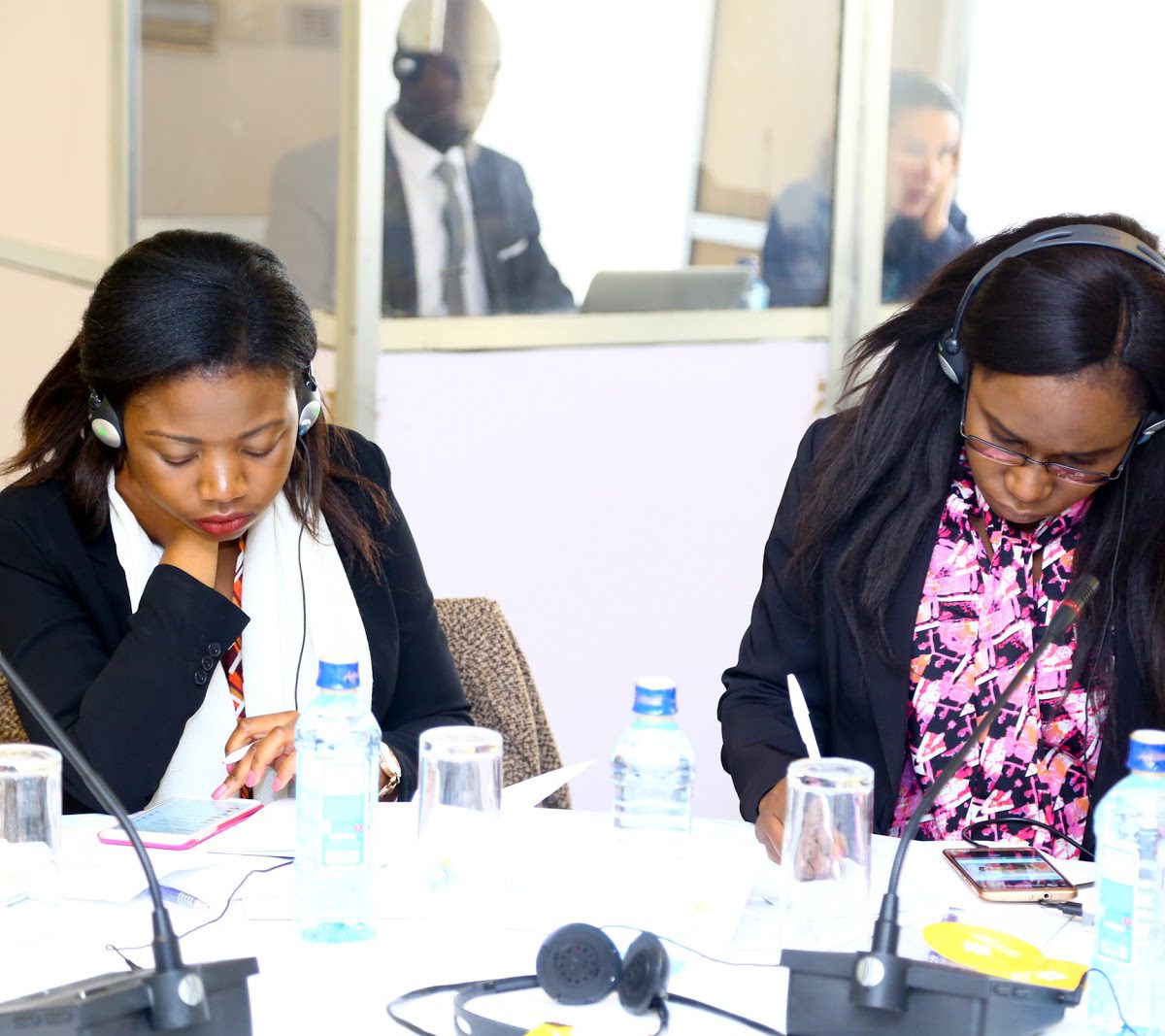
Aligning Challenges and Goals in Nairobi: AMP Workshop 2018
Global significance is often given to the concept of a ‘development expert.’ However, we believe that the best experts are often our partners and clients themselves, who truly understand challenges on the ground, know what works, and know what doesn’t. Through our biennial Aid Management Program (AMP) Good Practices Workshop, we are able to tap into this rich knowledge base, bringing together the experts working on the AMP within each country government.
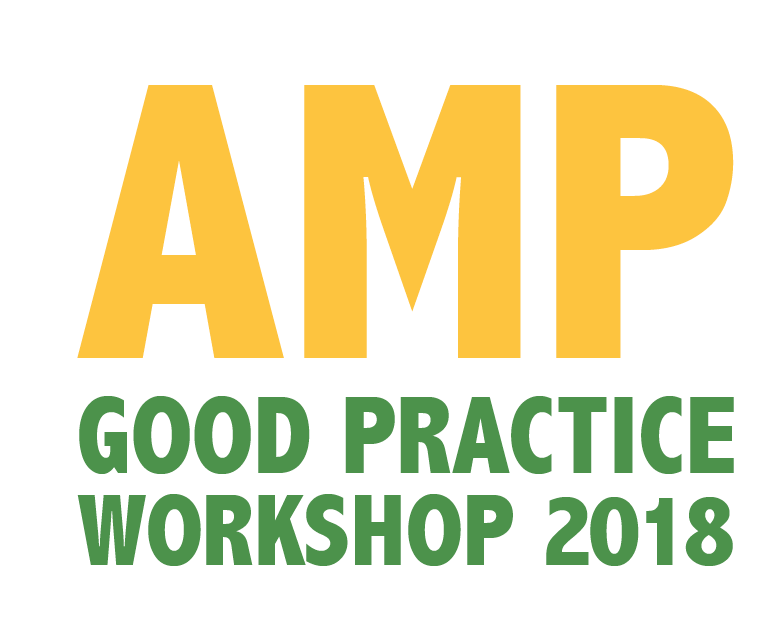
2018 AMP Workshop: How to Simplify and Beautify your Processes
The 2018 Aid Management Program Good Practices Workshop kicks off today in Nairobi, Kenya. We’re looking forward to facilitating open discussion, collaboration, and learning from the 7 country governments and many different types of AMP users that have gathered at the Workshop. This week, we hope to facilitate collaboration across countries, and to gain insight from your shared experiences.

Promoting Data Use within Changing Environments in Haiti
Eight years after the devastating earthquake, Haiti is in a unique position as it transitions from being the recipient of post-disaster humanitarian aid to pursuing stable, sustainable development. With this in mind, how can we make geocoded data easier to collect, analyze, and use as part of decision-making processes in the country?
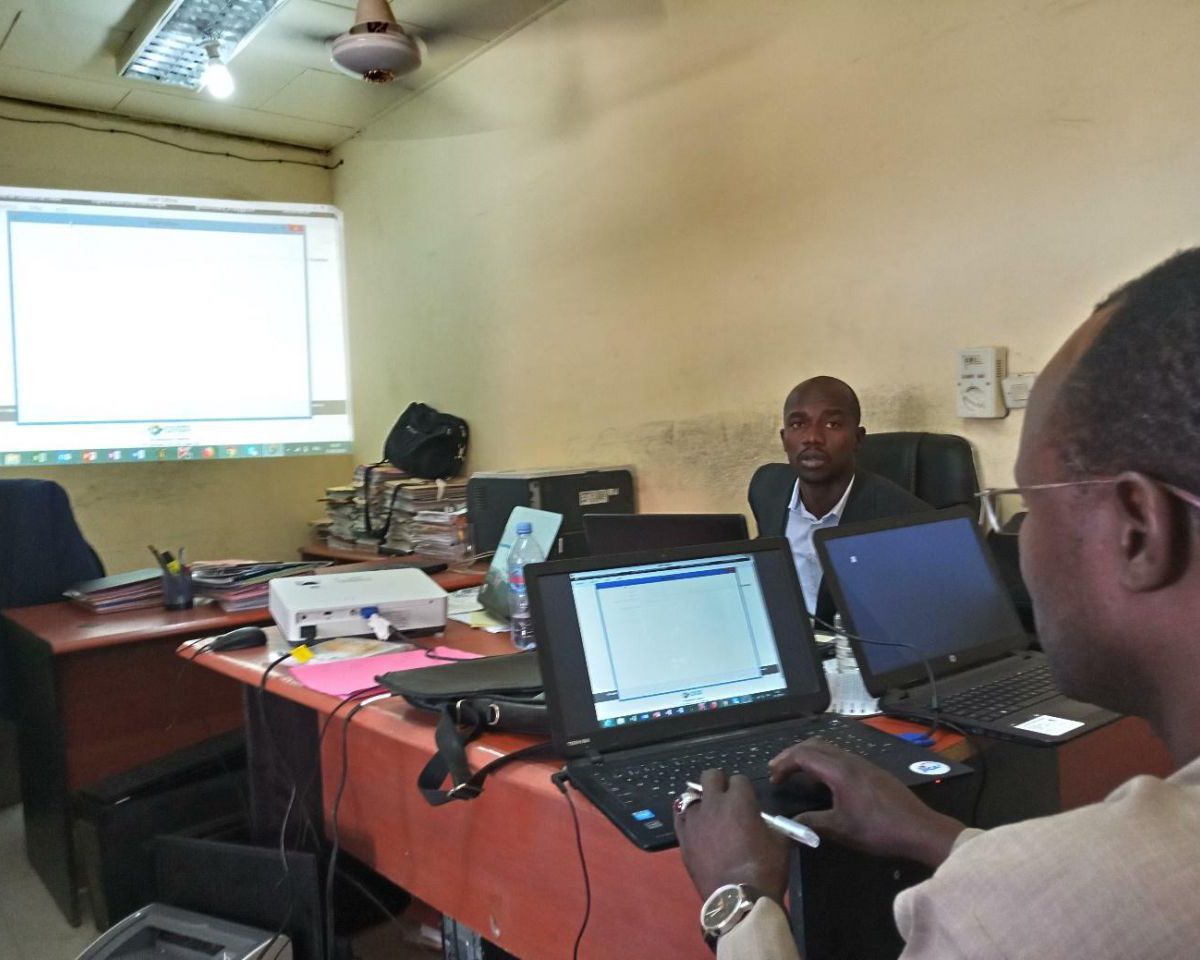
Chad’s Study Visit to Côte d’Ivoire: A Tale of Cross-Country Knowledge Sharing // Tchad fait une visite d’étude en Côte d’Ivoire: une histoire de partage de connaissances entre deux pays
When was the last time you received an email, or sent one yourself, along the lines of, “I’d love to grab coffee to ‘pick your brain’ about where and how you’ve found success!” Was it last month, or maybe even last week? Unstructured knowledge sharing is a common, expected practice for professionals in any field.